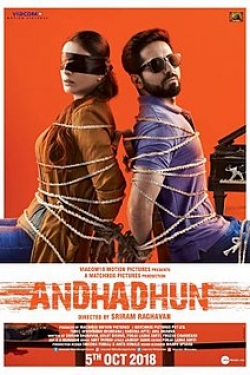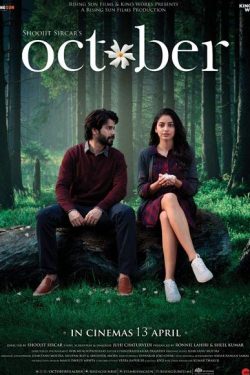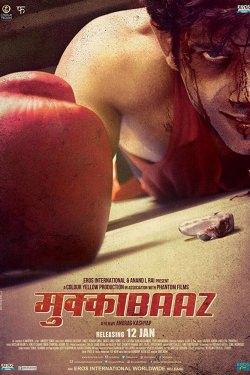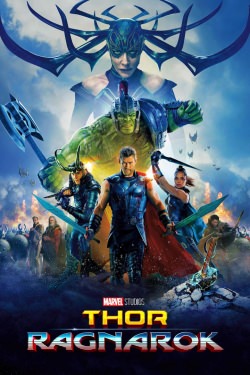Top Rated Films
Raja Sen's Film Reviews
-
And while Chittagong falls well short of being a great film, it can’t help but be an important one. And Pain keeps it honest.
-
Go watch English Vinglish, and take your mothers along. As shown by one great scene which has Shashi speaking furiously in Hindi to her chef friend Laurent, who replies back in thoughtful-sounding French, it isn’t about language.
-
Heroine is quite stupendously glossy, with every actress soaked in bronzer, and much flattering lighting. And the actors really aren’t the problem here, each of them — even the disastrous ones — earning more than their fare share just for keeping straight faces through this malarkey.
-
A well-crafted script with an intriguing back-and-forth narrative — set in the present day, 1978 and 1972 — Barfi! intrigues, right to the point somewhere down the middle, when it becomes more than apparent exactly what the film’s story is, after which all goes south. And yet so impressive and earnest are most parts of Barfi! that one is inclined even to forgive its flawed centre; we want badly to overlook the film’s peach-seed heart, and concentrate on the rest of its juicy joys. And these it provides in abundance.
-
Looper has a mixed bag of influences — as diverse as Memento, The Terminator and The Omen — but proves to be sharper, smarter and more ambitious than even those unforgettable ones. There are minor plotholes, but the film bounds over them with swift, self-assured grace, climaxing ultimately with a finely foreshadowed finale that ties everything up shrewdly and masterfully: a rarity for the science-fiction genre, and a tremendous narrative achievement that makes me want to watch it again right now.
-
Does Joker hold up, then, as a children’s film? Not a chance. It’s clean, sure, bereft of swearing or innuendo (yet with a sultry item song) but it’s also daft.
-
The film wants to be racy, but has television-friendliness forced onto its very being: which explains actors dropping their jaws at the (suggested) mention of genitalia and constantly hiding behind clumsy innuendo. Even a man reading Playboy isn’t allowed to open the pages of the magazine, but flip it over entirely to reach the cover of the next issue. The covers, you see, are safe-for-Hindi-film-work.
-
It’s a pity, and not just because this could have been the great unconventional cinematic threesome we so desperately need. Cocktail has a handful of moments and a few genuine sparks, but finally crashes and burns so spectacularly that it’s hard to focus on the positives. We must thank it, thus, for Diana Penty.
-
In the end, almost like an afterthought, Kaushik realises he’s left too many guns unfired, and things come to a head in a pointless hail of bullets, rivals trading fatal gunshots in turn, like polite ping-pong players.
-
Shanghai is all Dibakar, who we must lift on our shoulders with grateful pride. And we must exult in the fact that this D is never silent.

























